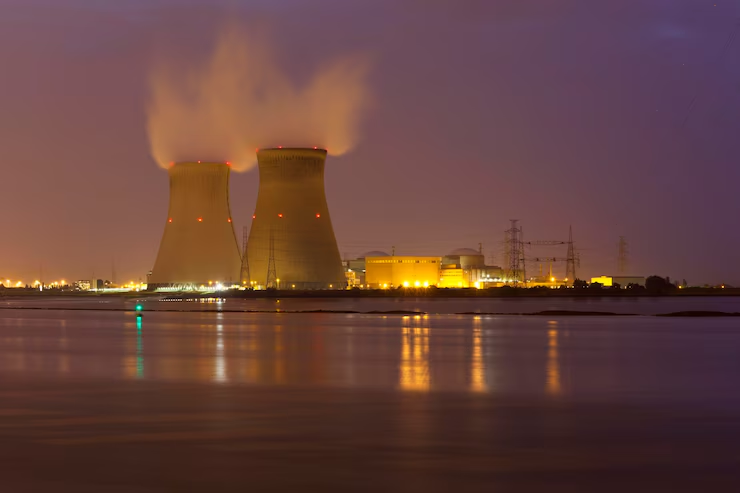Noida is grappling with a significant power crisis, as 90 defaulters collectively owe an astonishing ₹3.17 billion in unpaid electricity bills. This alarming revelation highlights the urgent need for strategic measures to address financial bottlenecks in the power sector while ensuring fair and consistent supply.
The Current Scenario: Breaking Down the ₹3.17 Billion Debt
The Uttar Pradesh Power Corporation Limited (UPPCL) has identified 90 major defaulters, including private companies and organizations, as the primary contributors to the unpaid dues. This accumulated amount has put immense strain on Noida’s power infrastructure, jeopardizing its operational and developmental goals.
The largest defaulters are commercial entities, indicating the gap between power consumption and payment compliance. Such arrears could potentially disrupt the maintenance and expansion of power supply networks across the region.
During a meeting with the technical team of the power department, Noida zone’s chief engineer instructed estimates for 2025 to emphasize completion of infrastructure upgrades and maintenance of FY – 2023-24 and FY – 2024-25. Harsh Bansal the chief zonal engineer of Noida emphasized how the recovery of dues remaining is necessary. He instructed to facilitate recovery of dues for recovery. Also instructed to enforce power disconnection if necessary.
Impact on Noida’s Power Infrastructure
The mounting dues present significant challenges for the local power authorities:
- Operational Constraints: Insufficient revenue limits the ability of power distributors to maintain existing infrastructure and invest in modern upgrades.
- Service Disruption Risk: Delayed or disrupted power supply is a likely consequence, potentially impacting businesses and residential areas.
- Environmental and Financial Burden: Financial deficits may prevent investments in clean energy initiatives, limiting progress in sustainable power generation.
Enforcement Measures and Penalties
To combat the crisis, UPPCL has intensified recovery efforts, including:
- Legal Notices: Issuing notices to defaulters and warning of disconnection if payments remain unpaid.
- Increased Surveillance: Monitoring large-scale defaulters to ensure timely payments.
- Disconnection Drives: A threat of disconnecting power supply has been introduced as a measure of last resort for non-compliance.
Such steps are crucial for restoring financial stability within the region’s power sector.
The Bigger Picture: Why Power Dues Matter
Power dues are not merely an operational issue; they highlight systemic challenges:
- Lack of Accountability: Many defaulters delay payments, leveraging their organizational status to evade repercussions.
- Economic Implications: The inability to collect dues affects power tariff stability, increasing the burden on compliant consumers.
- Environmental Goals: A struggling financial system hinders investments in renewable energy and environmentally-friendly infrastructure.
Conclusion: Restoring Financial Stability in the Power Sector
The ₹3.17 billion in unpaid power dues is a wake-up call for authorities, businesses, and consumers in Noida. Strengthening regulations, promoting compliance, and modernizing infrastructure can collectively resolve the current crisis and build a sustainable power framework for the future.
As Noida progresses, addressing these financial challenges will be critical in ensuring reliable and environmentally-friendly power for all.
